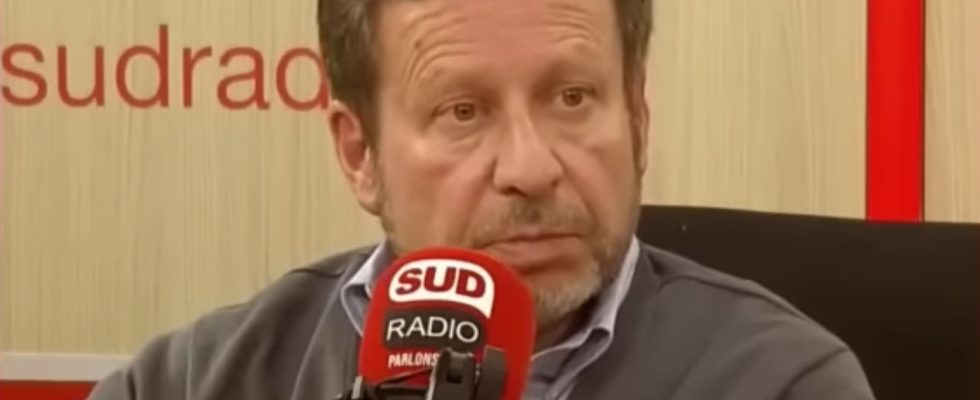“Read Koonin and stop spouting on the effects of climate change.” The reply, scathing, comes back more and more often on social networks. It must be said that with Steven Koonin, former Under-Secretary of State for Science in the Obama administration between 2009 and 2011, the “denialists” have found their new champion. His last work Climate, the share of uncertainty (L’Artilleur editions) has already sold nearly 200,000 copies in its English version (e-book and audio versions included). And its French translation, available since the end of 2022, already has 15,000 counter sales.
“Koonin is the story of a scientist who went wrong, explains a French climatologist who does not wish to comment on this drift. His book is clearly made for procrastinators or even conspirators. In each chapter, he writes that the people are being lied to. More seriously, the author casts doubt on what we now take for granted: the unequivocal impact of human activities on global warming or even the urgency to act.”
Passing through Europe for a series of conferences when the Giec has also just published its latest report, Steven Koonin receives us in the plush lounge of a Parisian hotel. With a keen eye, a friendly posture, he accepts criticism calmly. “You know, eminent people tell me on the sidelines that I’m right.” And the expert unfolds his perfectly oiled speech: “Yes, our planet is warming up but there is a gap between what the IPCC reports really say and the information included in the summary intended for decision-makers or those disseminated in the media. The truth is not as anxiety-provoking as one might think. Many scientists go beyond their role in trying to convince rather than simply describing the situation.”
In his book, Koonin therefore presents his version of the facts: droughts in the United States are not more frequent than before. The number of deaths will not increase significantly because warming also leads to a decrease in the number of cold-related deaths. As for sea level rise, here again, scientists and the media are overdoing it. In an attempt to convince us, he downloads a graph to his smartphone showing the amount of ice lost each year by Greenland. The curve, which follows cycles, shows no deterioration over the decades. It even shows a sharp drop over the recent period…
“These are public data from the Danish Meteorological Institute”, assures the person concerned. Climatologists choke on reading his book. “It’s a truncated and dishonest presentation of things. Koonin selects certain information and voluntarily forgets the rest, denounces François-Marie Bréon, physicist and climatologist who participated in the writing of the fifth IPCC report. For example, he insists a lot on the fact that the number of heat waves is not particularly increasing in the United States. This area is an exception. The opposite is happening in the rest of the world!”
A book made “for those who do not want to make an effort”
This cherry picking, the art of excluding information contrary to his thesis, Koonin also applies it to climate models, one of the targets of his book. “We can indeed say that there is uncertainty about the climate since we are not able to say today whether the Earth will warm up by 1.5 or 3 degrees. But honesty also requires recognize that all the models are pointing in the same direction. They are telling us that there will be more extreme precipitation events, heat waves and sea levels will rise. Even if the simulations of some models are less worrying than others, the precautionary principle must prevail”, believes François-Marie Bréon.
Koonin, on the other hand, explains to us that we have time to reduce our CO2 emissions. He nevertheless evokes a plan B based on the geo-engineering of the climate, namely the absorption and then the storage of CO2 in the ground, or the management of solar radiation. “I am not in favor of it, he wishes to specify. This last option consisting in blocking part of the sun’s rays, using particles for example, seems to me very dangerous. Beyond its imprecision, it could lead to wars. However, I am an eternal optimist. I believe in our tremendous ability to adapt.”
However, this has its limits and the latest IPCC report reminds us: the main objective must remain the reduction of our CO2 emissions. “This book is clearly written for people who do not want to make an effort, who want to clear their conscience while continuing to fly or live without constraint”, laments François-Marie Bréon. This Thursday, March 23, Steven Koonin, invited by the Association of climato-realists, must give a public lecture with simultaneous translation. No doubt his fans will rush to see him.
